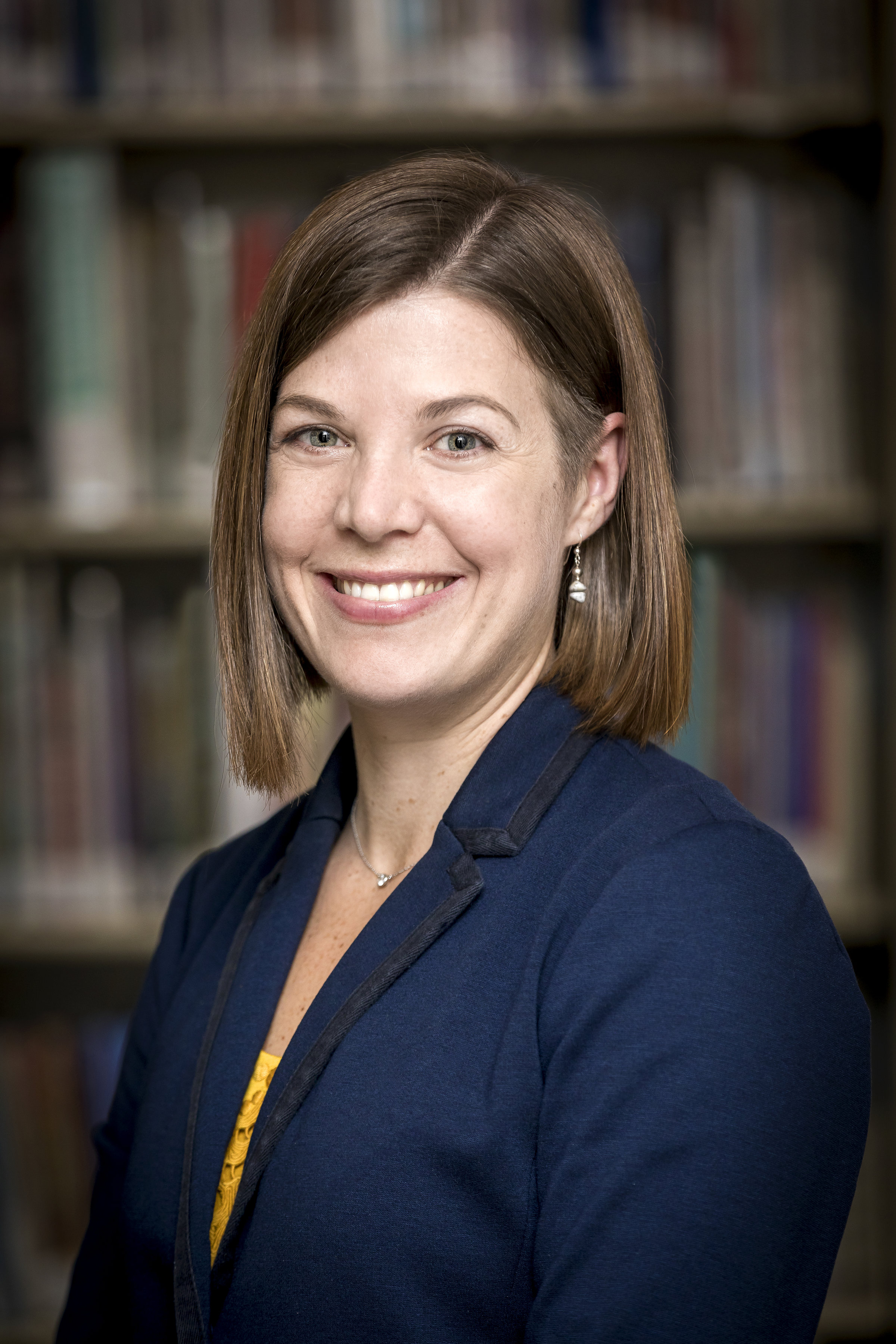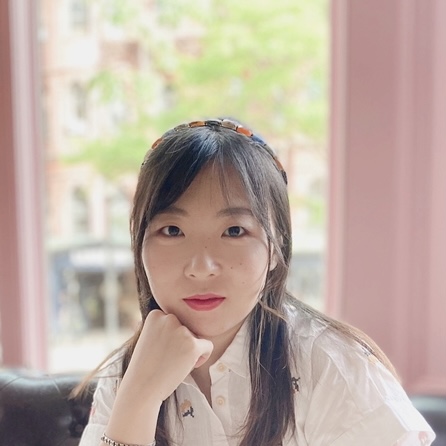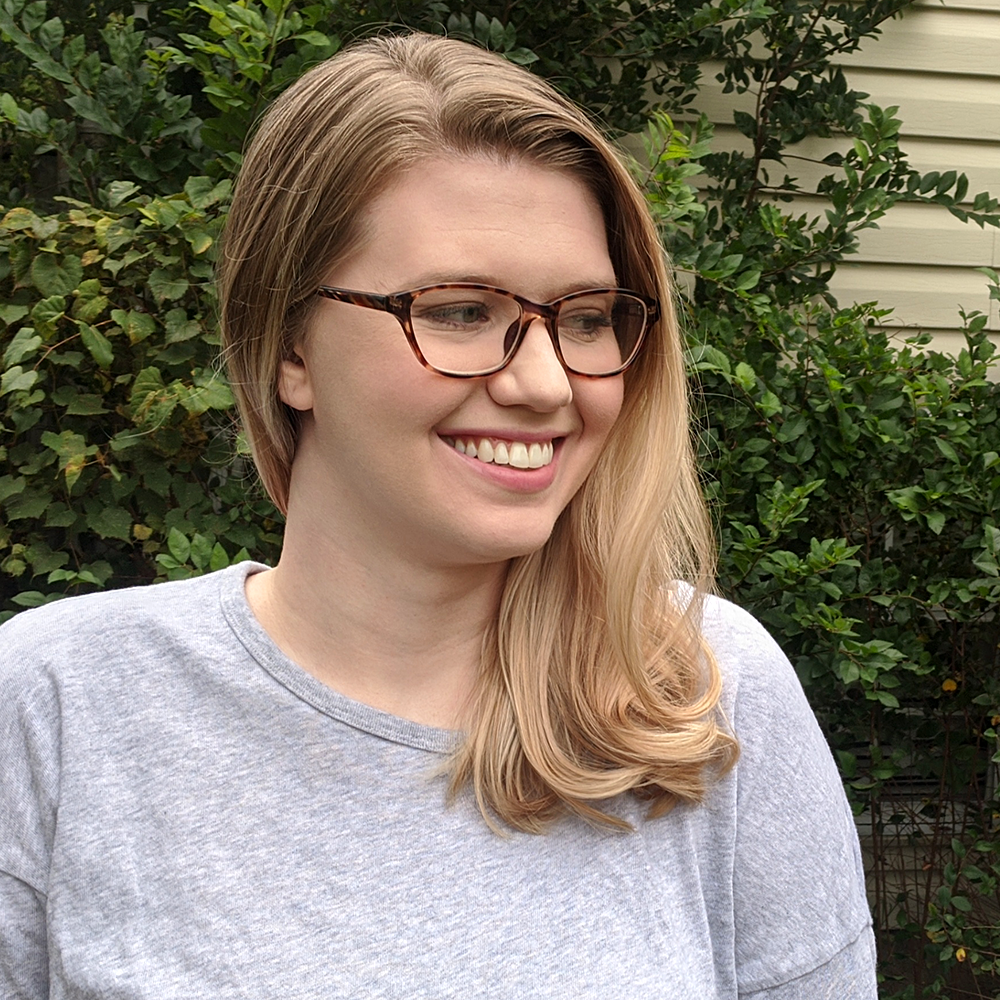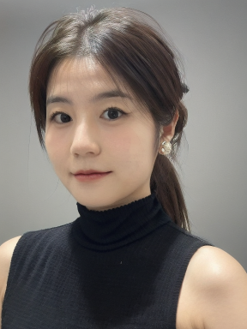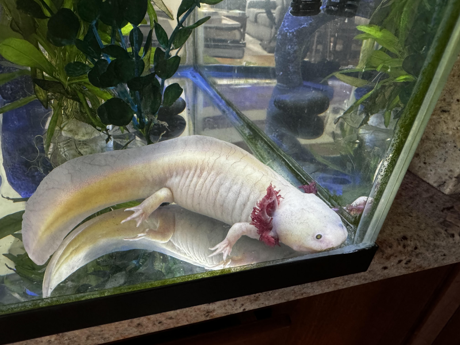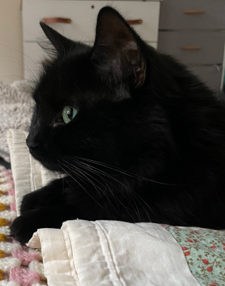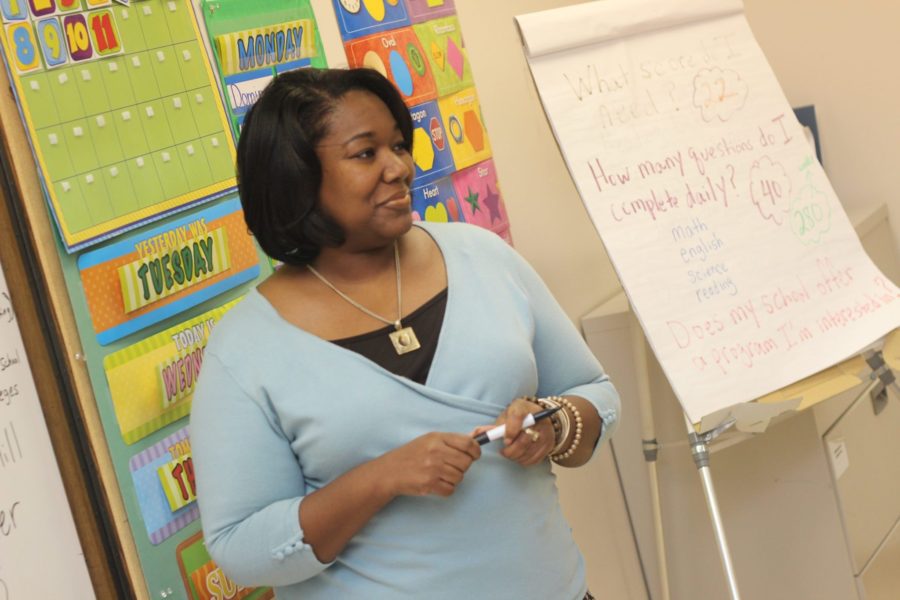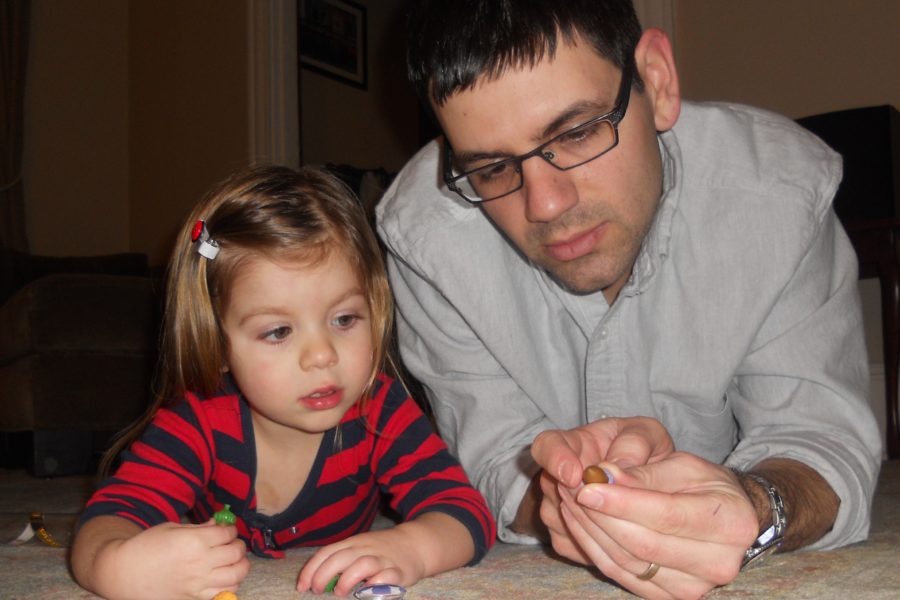AUTISTIC COMMUNICATION, ENGAGEMENT, AND RELATIONSHIPS
In the ACER lab, we study the complex social experiences of autistic children, youth, and adults, and the social and developmental processes that underlie interpersonal communication.
Our Research
We research topics such as social interaction dynamics, how engagement between autistic children and caregivers supports autistic children’s development, school experiences of autistic children and youth, and autistic children’s understanding of friendships. Recently, we have also begun exploring ethical issues related to autism intervention research, including research quality, conflicts of interest, and adverse event reporting.
Our Methods
We use a variety of methods and data sources to explore these topics, including quantitative analyses of video observations, quantitative and qualitative analyses of interviews and surveys, and discourse/conversation analysis, among others.
Our Commitment
In our research, we are committed to a neurodiversity framework; an understanding that autism is a neurological difference that should be respected as a form of human diversity. This means that we focus our research efforts on supporting, not curing or normalizing, autistic children and youth. We are also committed to prioritizing and respecting the voices of autistic people in our work.
Meet the Team
Kristen Bottema-Beutel, Ph.D. is a professor of Special Education in the Lynch School of Education and Human Development at Boston College
Ruoxi Guo, M.Ed. (she/her) is a doctoral student in the teaching Curriculum, and society department of the Boston College Lynch School of Education and Human Development.
Caroline Braun, M.S., CCC-SLP is a doctoral student in the Teaching, Curriculum, and Society department of the Boston College Lynch School of Education and Human Development.
Yueyang Shen, M.Ed. (she/her) is a doctoral student in the teaching Curriculum, and society department of the Boston College Lynch School of Education and Human Development.
Jessica Hinson-Williams, M.S. (she/her) is a doctoral student in the teaching Curriculum, and society department of the Boston College Lynch School of Education and Human Development.
Lucas was adopted in China and brought over to the US. Shibas are like the cats among dogs as they're usually quiet and keep to themselves. But Lucas does have his cuddly moments. His favorite things are sunbathing, playing with his ball, and going on hikes.
Jack’s (left) hobbies include howling along with ambulances, throwing socks in the air, and snuggling with his dad. Owen’s (right) passions are napping, getting treats, and laying on Caroline’s feet and growling ferociously if she moves. Both boys are connoisseurs of fleece blankets and potato-based foods.
Roxanne lives most of the year in a high school science classroom where Kristen’s husband teaches, but spends her summers in the Bottema-Beutel house. She enjoys floating in her tank, staring into the void, napping, and snacking on worms and minnows.
Ravioli has had feline leukemia virus (FeLV) since birth, but she’s currently kicking its butt, and she always has plenty of energy for screaming for food, screaming for attention, and screaming for treats.
Pikachu happily conforms to those stereotypes people hold for cats, and he is mean yet super lovely. He refuses to do whatever he doesn’t like in the moment and he has clear rules about petting. We are proud of him for knowing how to set “catsonal” boundaries (by gently biting as a first warning). His favorite toy is a cat teaser without anything at the end of the string. Just a bare stick with a bare string. His owners still haven’t figured out mysteries about him, but they are happy to abide by all his decisions.
Panghu was a sweet cat with a doglike friendly personality. He would put his little paw on your palm when you say“握手” (wò shǒu, equivalent to the “paws” direction;), and loved playing fetch with a little yellow ball and never gets tired. Panghu was much loved and will be greatly missed.
Lab Alumni
- Vicky Yu, doctoral student at Boston College
- Josephine Cuda, Assistant Professor at Curry College
- Ashley Antwi, Master of Public Health student at Emory University
- Jessica Barnes
- Jennifer Byron
- Chelsey Carroll, Psy.D. Student at William James College
- Christopher Cruz
- Linnea Joffe-Nelson
- Elizabeth Stringer Keefe, Ph.D., Assistant Professor at Lesley University
- So Yoon Kim, Assistant Professor at Duksung Women’s University
- Becca Louick, Assistant Professor at St. John’s University
- Maryam Moravvej Farshi
- Haerin Park, Ph.D. student at Boston College
- David Schatz
- Kana Umagami, Ph.D. student at University College London
- Rachel White
- Caitlin Malloy, Ph.D. lecturer at UMass Boston
- Shannon Crowley, Assistant Professor at Florida State University
- Rachael McKinnon
- Sarah Moniuddin, MD student at University of Massachusetts Chan Medical School
Publications
Sandbank, M., Chow, J., Bottema-Beutel, K., Woynaroski, T. (in press). Evaluating evidence-based practice in light of the boundedness and proximity of outcomes: Capturing the scope of change. Autism Research.
Bottema-Beutel, K., Kapp, S., Lester, J. N., Sasson, N., & Hand, B. (in press). Avoiding ableist language: Suggestions for autism researchers. Autism in Adulthood. This paper is open access and is available here.

